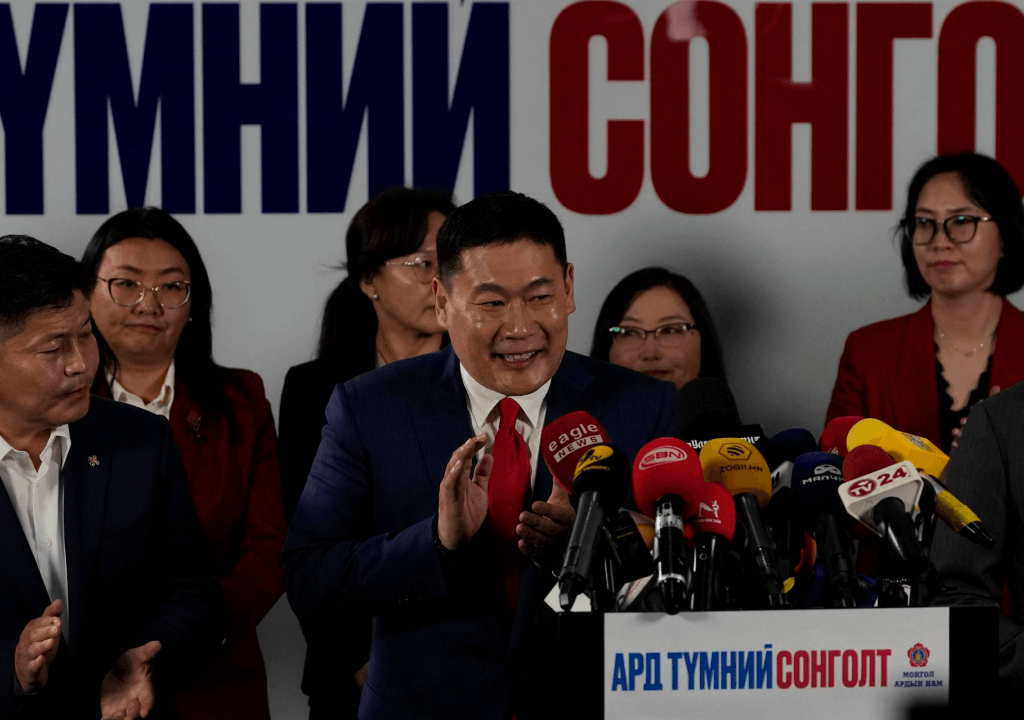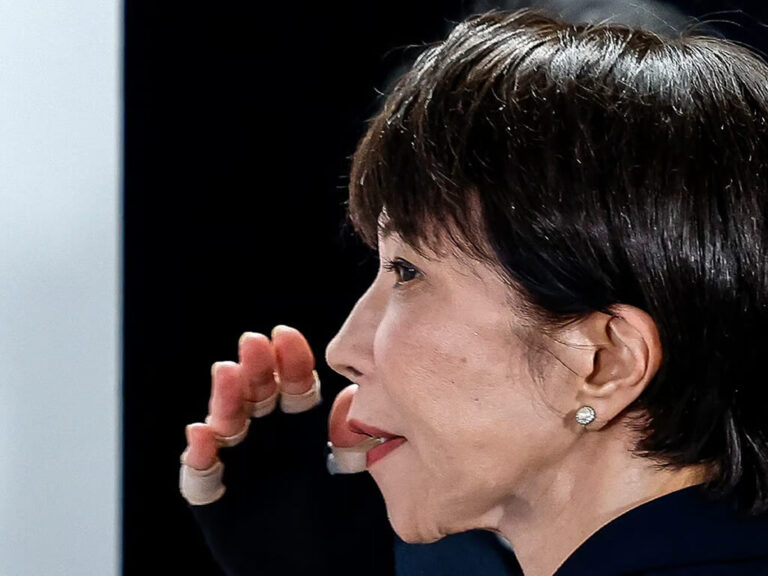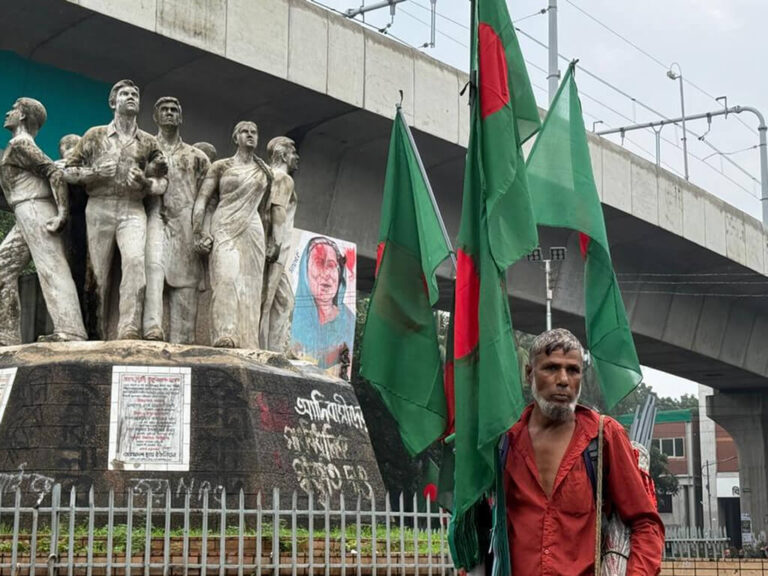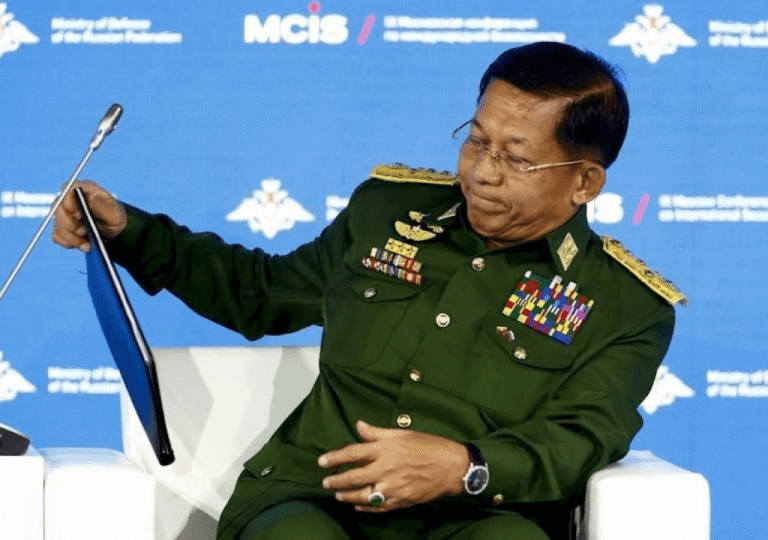Even though there are many factors against voting for the ruling party and prime minister, Mongolia allowed the ruling Mongolian People’s Party (MPP) and Prime Minister Luvsannamsrain Oyun-Erdene to continue. Prime Minister Luvsannamsrain Oyun-Erdene declared an early victory, but the parliamentary majority of the ruling party significantly diminished, reflecting deepening public anger over corruption and the state of the economy. An interesting aspect of the election result is that the opposition gained ground and more parties gained representation in parliament. Regardless of the outcome, it should be considered as a victory for Mongolian democracy, which conducted a democratic election while situated between highly authoritarian Russia and China. Additionally, millions of Mongolians turned out to elect 126 members of the State Great Khural, the country’s unicameral parliament.
According to the latest reports from the Mongolia’s General Election Commission, the Mongolian People’s Party (MPP) has secured a majority with 68 seats, four more than needed, and garnered 35.01% of the votes. This marks a significant drop from their 45% in the 2020 election, where they held 62 out of 76 seats. The main opposition Democratic Party, led by Luvsannyamyn Gantömör, won 42 seats and 30% of the votes, a notable increase from their 11 seats and 24% previously. This represents a win for the opposition as well. The minor anti-corruption HUN party secured eight seats and 10% of the votes, while smaller parties collectively won eight seats. These results, the first under a new electoral system where Mongolians vote for both proportional lists and individual representatives in large districts, mean that the MPP will govern with a significantly reduced majority. The new parliament will see the MPP holding 54% of the seats, compared to around 80% in 2020.
The MPP, successor to Mongolia’s communist party that held power for almost 70 years, remains popular, especially among rural, conservative, and older voters, maintaining a vast, nationwide campaign infrastructure. Many critics liken the country to other post-Soviet Union nations in the region with authoritarian tendencies influenced by Russia and China. Therefore, they believe the authorities will try to consolidate power to maintain control. Analysts had anticipated the MPP to maintain the majority it has held since 2016 and govern for another four years. They attribute much of the party’s success to a coal mining boom that fueled double-digit growth, improved standards of living, and a formidable party machine. However, the campaign was overshadowed by widespread public frustration over endemic corruption, high living costs, and limited opportunities for the young majority. There is also a prevalent belief that profits from the coal mining boom are hoarded by a wealthy elite, leading to frequent protests. The election results reflect these sentiments.
According to Bayarlkhagva Munkhnaran, an analyst and former official with the National Security Council of Mongolia, “This election result definitely represents a rebuke to the MPP and its leadership”. He added that winning 68 seats is “Barely a face-saver, and any subsequent government will be weak but much more democratic”. Despite the MPP’s victory in the election, many consider it a loss for the party within the framework of Mongolian politics. This sentiment was noted by Democratic Party leader Gantumur Luvsannyam, who stated, “Through this election, people have evaluated the past policy mistakes of the ruling party”.
It was the first election following an important constitutional change and new electoral law. On Friday, people across the vast, sparsely populated nation of 3.4 million voted. Regardless of the outcome, the election is a win for democracy, especially considering the challenges it faces due to its location between authoritarian countries. The streets of Ulaanbaatar, home to almost half of Mongolia’s population, were adorned with colorful campaign posters featuring candidates across the political spectrum, including populist businessmen, nationalists, environmentalists, and socialists, a rarity in the region. The Prime Minister upheld democracy, thanking even those who did not vote for his party. He remarked that for the first time, five to six parties had been elected to parliament, marking a “New page” in Mongolian democracy. He added, “The essence of democracy lies in having diverse and contrasting opinions. Your criticisms will influence our actions”.








